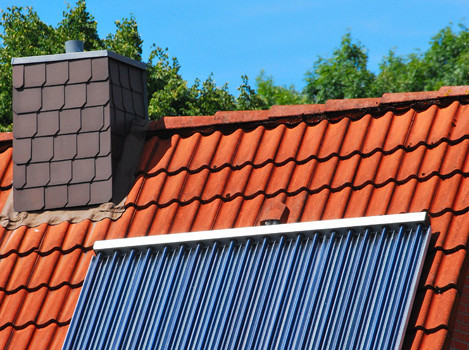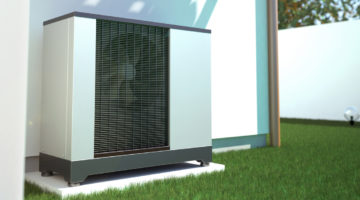
What is the RHI Scheme?
On 20th September 2012, Greg Barker MP, Minister of State for the Department of Energy and Climate Change, released the first consultation on the proposals for the domestic renewable heat incentive (RHI) scheme. This document can be found on the DECC website.
Just under half the energy consumed today is used for hot water and space heating but only a tiny proportion of this comes from renewable sources. In an effort to meet the UK’s ambitious carbon reduction targets, the government is proposing to subsidise heat producing renewable technologies.
Similar to the feed-in tariff, which provides the consumer with a monetary payment for every kWh of electricity produced, the RHI scheme pays the individual for every kWh of hot water they produce.
Who is Eligible for the RHI scheme?
There are 3 key eligibility requirements for the RHI scheme.
1. Types of Green Technology – Under the current consultation, only 4 technologies are currently included (although others are under consideration):
2. Date of Installation – To be eligible for the payment, the technology has to have been installed after 15th July 2009 and needs to be MCS certified.
3. Green Deal Energy Efficiency – Homeowners will also have needed to install all of the energy efficiency measures which got ‘green ticks’ on the green deal assessment. Insulation is by far the most cost effective efficiency measure to install in the home, since it dramatically lowers the amount of energy required to heat it.
Tariff Details
The proposed payment terms for the RHI is 7 years, which is designed to pay for 20 years of heat generation and takes into account the additional capital cost of the renewable heat installation (over and above replacing a like-for-like fossil fuel equivalent). In addition, the tariff is also designed to provide a level of compensation for the installation of the renewable technology (such as additional building costs). And finally, it also provides some reimbursement for the 7.5% cost of financing a loan to pay for the initial installation.
Almost guaranteed to change as the result during the Consultation, these are the current details of the tariff due for each of the 4 technologies:
Biomass 5.2 – 8.7p / kWh
Air Source Heat Pump 6.9 – 11.5p / kWh
Ground Source Heat Pump 12.5 – 17.3p / kWh
Solar Thermal 17.3p / kWh
The differences in subsidy payments between the technologies take into account factors like differing energy efficiencies, upfront technology costs and the technology lifetimes.
Final Thoughts on the Initial Consultation
Overall, we think the government have got the initial consultation about right. And we are delighted that Greg Barker and his team recognise that going green is not simply about sourcing electricity from emission free-technologies.
Paul Thompson, the Head of Policy at the Renewable Energy Association said ‘Renewable heat is the sleeping giant of UK renewable energy policy’ and with heat accounting for almost 40% of the UK’s energy usage, you can see why. If we were to source all of our heat from renewables, it would really help the UK stick to its 2020 carbon emission reduction targets.
It is a shame that some techs have missed the cut and have been excluded from the scheme (CHP boilers for example), since this would have dramatically boosted uptake and therefore energy savings.
For more information on the initial consultation please visit this link, which will direct you to the DECC website, where you can read the document in full.
If you have any queries please don’t hesitate to get in touch at james.alcock@thegreenage.co.uk
Have a great weekend!












No Comments yet! Be the first one.